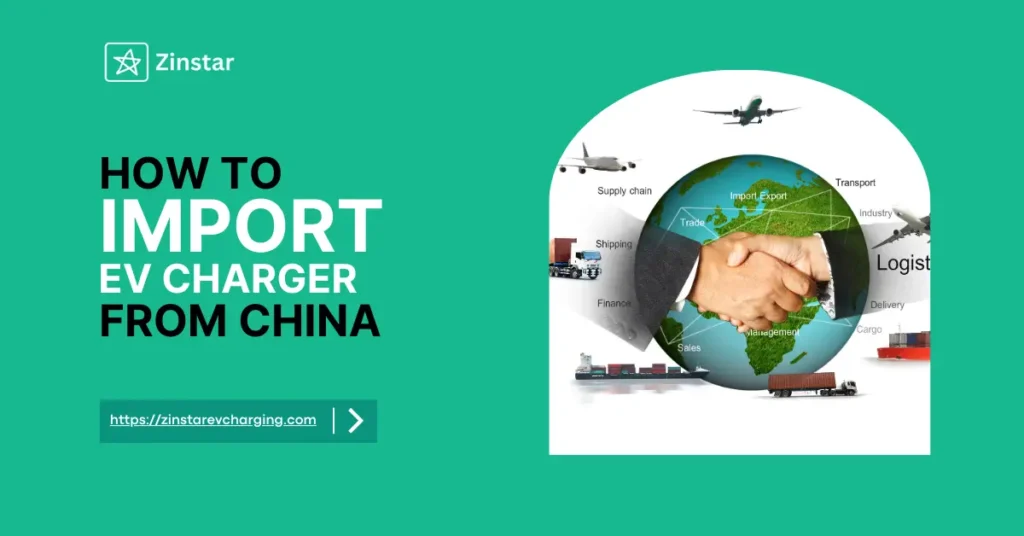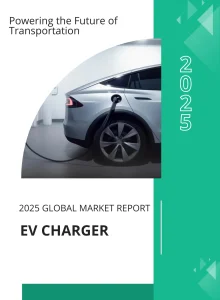The global demand for electric vehicle (EV) chargers is growing exponentially, and businesses worldwide are turning to China for their EV charger needs. Importing from China offers a competitive edge for distributors, automotive retailers, and corporate buyers due to cost advantages, scalability, and product customization. China’s manufacturing strength, particularly in the EV charging industry, is unmatched. Leading manufacturers provide a wide range of top-quality, customizable products, including Portable AC EV Chargers, AC EV Chargers, DC fast chargers, EV adapters, and EV extension cables.
In this guide, we’ll explore how to import EV chargers from China, outlining the benefits, steps involved, and how to navigate import regulations and logistics.
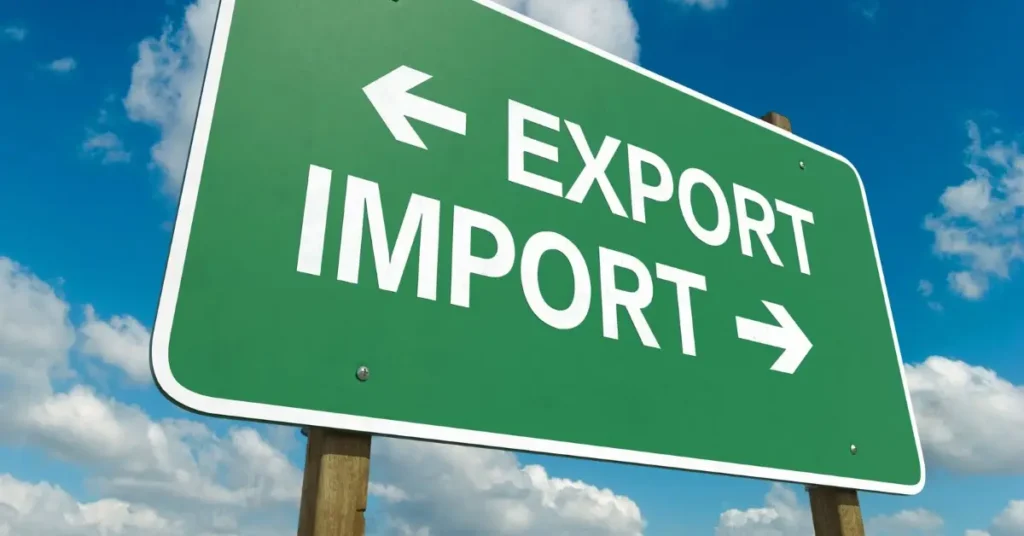
How to import EV chargers from China? First, identify reliable Chinese EV charger manufacturers, offering high-quality, customizable products such as AC and DC EV chargers. Ensure the chargers meet international certifications like CE, UL, and RoHS to comply with safety standards. Next, navigate import logistics by understanding region-specific regulations and selecting the best shipping method, whether air or sea freight, for cost efficiency. Working with a trusted freight forwarder can help streamline customs and delivery processes. Finally, avoid common pitfalls such as failing to verify supplier credentials and overlooking compliance. With due diligence, importing EV chargers from China is a cost-effective solution for global B2B buyers.
Table of Contents
1. Why Import EV Chargers from China?

1.1 China’s Dominance in the EV Charger Market
- China has emerged as the world leader in the manufacturing and export of electric vehicle (EV) chargers, supplying a significant portion of the global market. This dominance is underpinned by several key factors:
- Established Infrastructure: China boasts a highly developed and integrated supply chain for electronic components and automotive manufacturing. This infrastructure enables manufacturers to source raw materials and components more efficiently, driving down production costs and increasing scalability.
- Advanced Manufacturing Capabilities: Chinese manufacturers are at the forefront of adopting cutting-edge production technologies, such as automated assembly lines, smart factories, and digital supply chain management. This ensures a high level of precision, consistency, and quality across production runs.
- Government Support and Investment: The Chinese government has made substantial investments in the EV industry, creating an ecosystem that supports R&D, innovation, and exports. With financial incentives and regulatory support, EV charger manufacturers are well-positioned to maintain competitive pricing while pushing the boundaries of technological innovation.
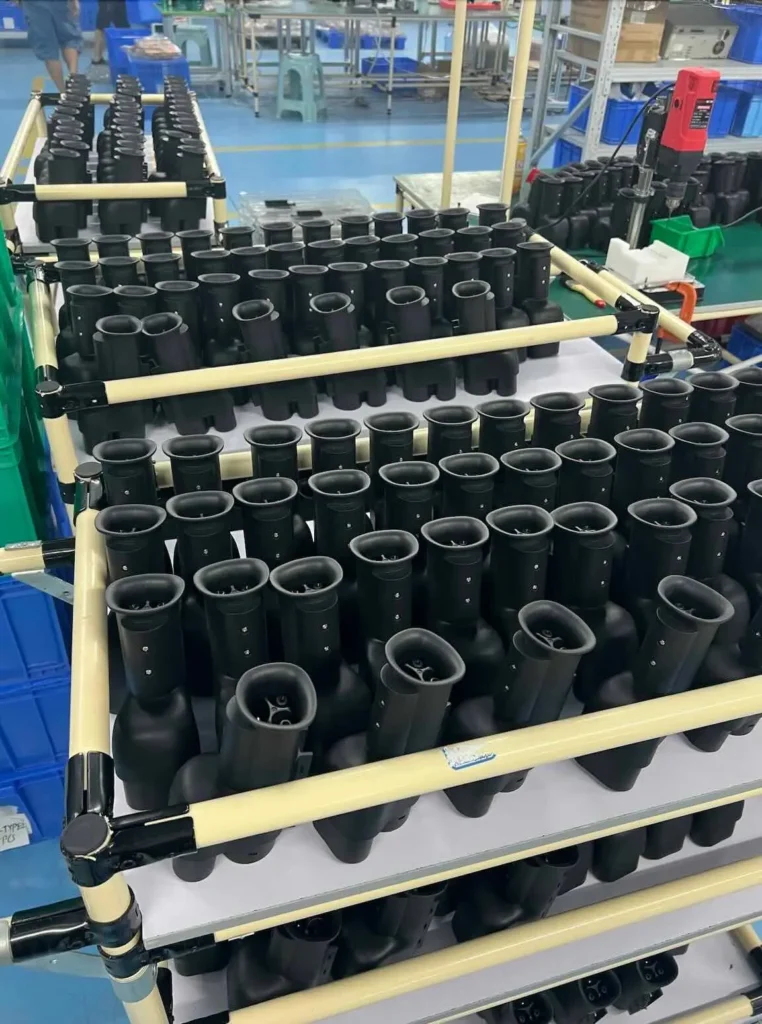
- High-Volume Production: Due to the size of the domestic market and the global demand for EV chargers, Chinese manufacturers, including Zinstar EV Charging, operate at a large scale. This allows them to offer cost advantages to international buyers, particularly those seeking to purchase in bulk. High-volume production also ensures that manufacturers can meet large orders without compromising lead times.
With a reputation for high-quality production, competitive pricing, and rapid technological advancements, China is the premier destination for businesses looking to source EV chargers.
1.2 Benefits for B2B Customers Importing from China
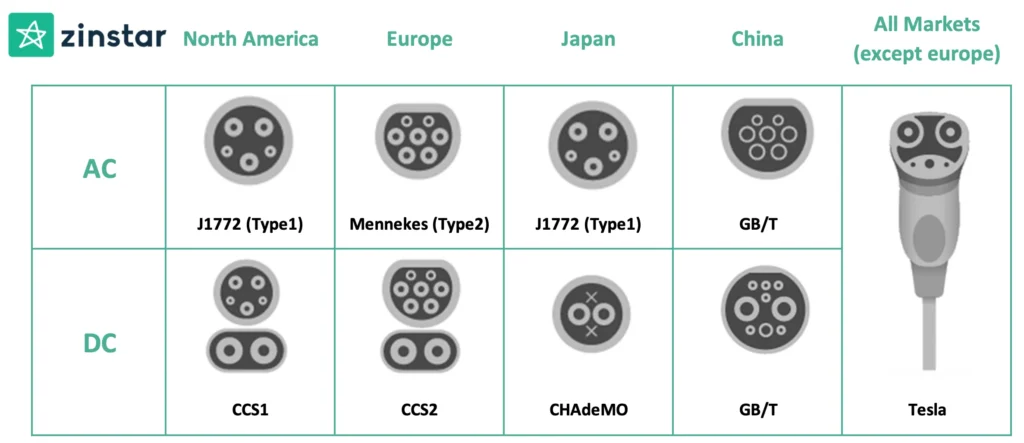
- Cost Efficiency: One of the biggest advantages of importing EV chargers from China is cost efficiency. Chinese manufacturers can offer significantly lower prices due to lower labor costs, streamlined supply chains, and economies of scale. However, this cost-saving does not come at the expense of quality. Manufacturers leverage advanced production techniques to ensure that their products meet international quality standards, such as CE, UL, and RoHS. For B2B buyers, this translates into premium-quality products at highly competitive prices, allowing them to maximize profit margins and offer attractive pricing to their own customers.
- Customization for B2B Needs: In today’s competitive EV charging market, customization is crucial. Chinese manufacturers are highly flexible when it comes to tailoring products to meet specific market or client requirements. Zinstar EV Charging, for example, offers a range of customization options, from branding (logos, colors, packaging) to technical specifications such as power output, voltage, connector types, and compliance with regional standards. Whether you’re looking for portable chargers for consumers or heavy-duty DC fast chargers for public installations, Chinese manufacturers can adapt their products to suit your business model, customer preferences, and local regulatory requirements.
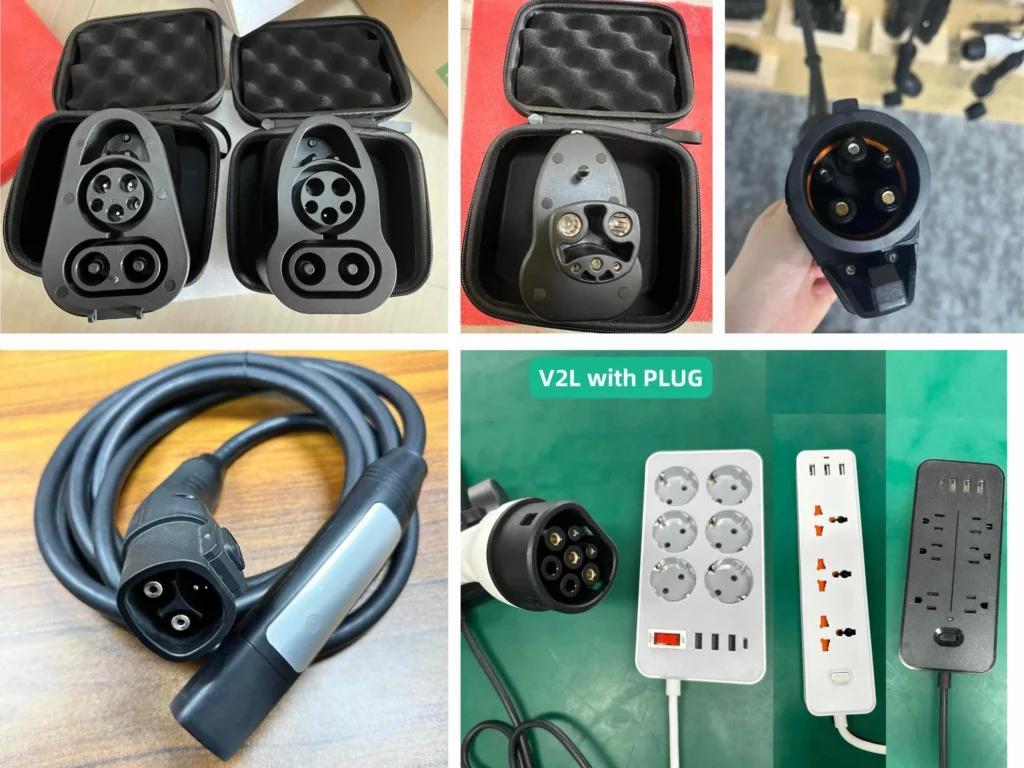
- Direct Cooperation with Factories: One of the key advantages of working directly with Chinese factories is the ability to communicate your needs without middlemen, ensuring clarity and efficiency. This direct communication helps streamline the entire procurement process, from initial product design to final delivery. Moreover, factories are experienced in handling OEM and ODM projects, making it easy for businesses to develop custom solutions, whether they are launching a new product line or rebranding existing chargers. We also offer low MOQs (Minimum Order Quantities), making it easier for businesses to test new products in their markets without committing to large initial purchases. Additionally, with flexible production schedules, Chinese manufacturers can quickly scale production to meet fluctuating demand, and their 24-hour fast response times ensure that any inquiries or concerns are addressed promptly.
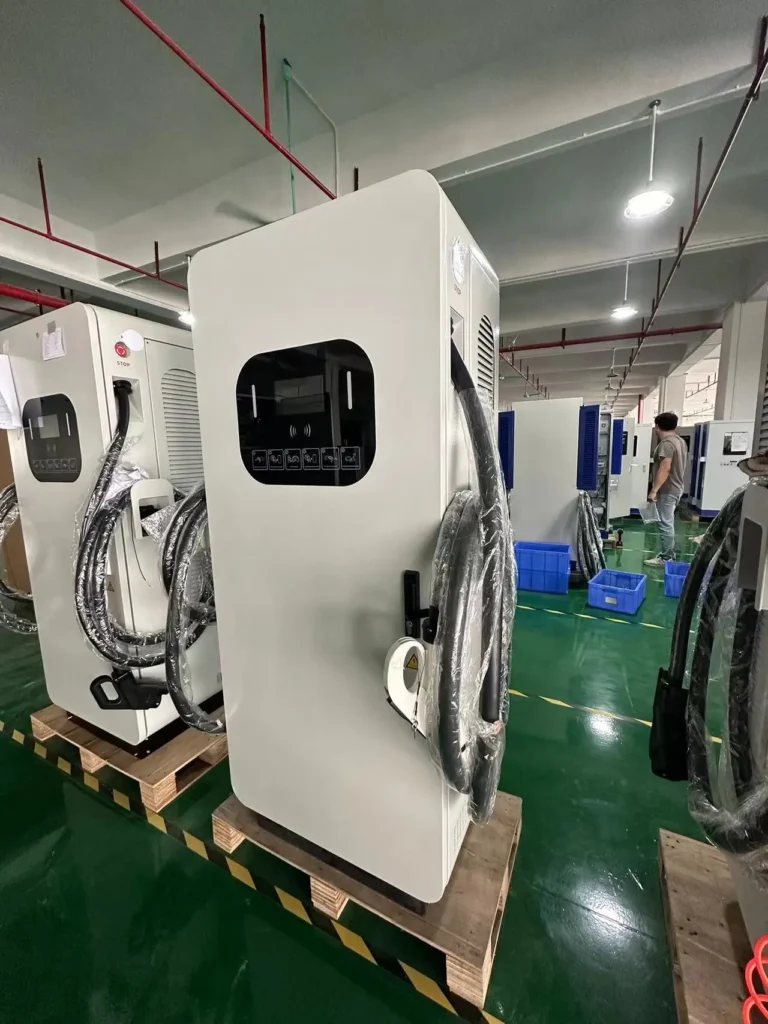
- Technological Expertise: Chinese manufacturers are not just following trends—they are setting them. Zinstar EV Charging, like many leading Chinese companies, is deeply invested in R&D, focusing on the latest technological advancements in EV charging. This includes smart charging features, integration with energy management systems, and solutions for different power grids around the world. For B2B customers, this means accessing the latest technology at competitive prices, helping them stay ahead of the competition.
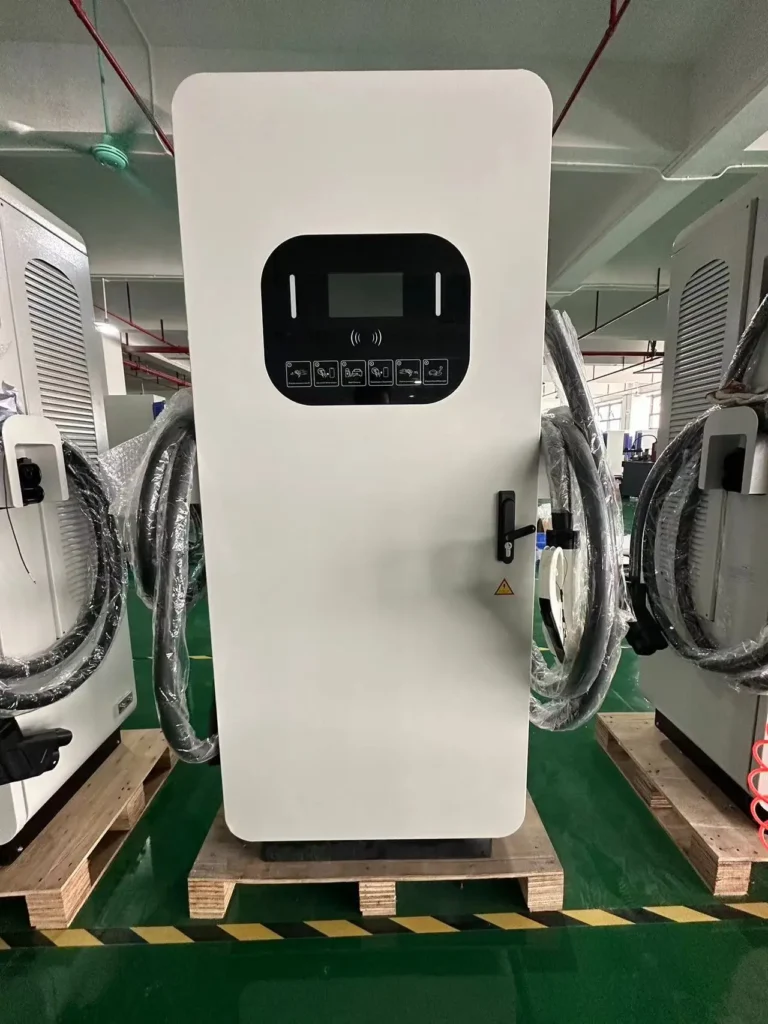
- Compliance with International Standards: Chinese EV charger manufacturers understand the importance of compliance with international safety and environmental standards. They ensure that all its products meet globally recognized certifications such as CE (Europe), UL (North America), and RoHS (Restriction of Hazardous Substances). This compliance is vital for businesses importing EV chargers, as it ensures products meet the stringent safety and environmental regulations of various regions, avoiding costly delays, fines, or product recalls.
By choosing to import from China, B2B buyers benefit from a combination of cost savings, customization options, and high-quality manufacturing, all while ensuring products are compliant with international standards.
1.3 Types of EV Chargers Available for Import
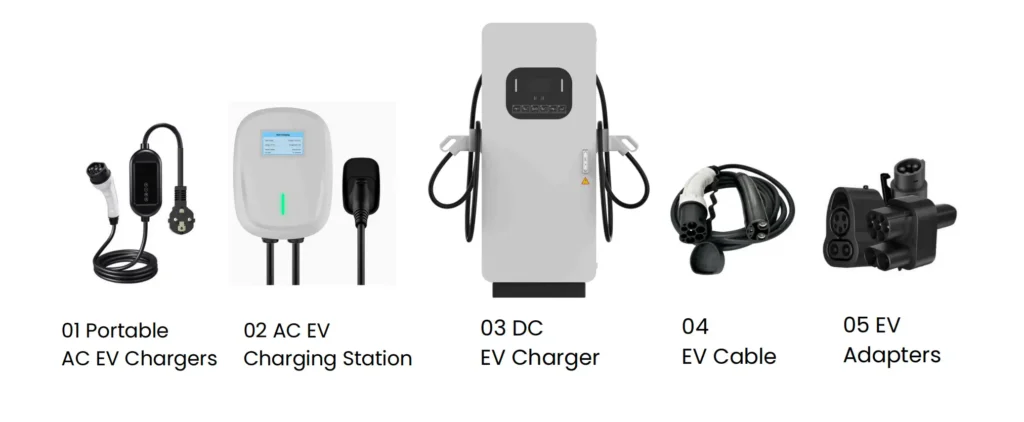
1.3.1 Portable AC EV Chargers
Portable AC EV chargers are lightweight, flexible solutions that allow EV owners to charge their vehicles from a standard electrical outlet. These chargers are typically categorized as Level 1 or Level 2 chargers, depending on the power output.
- Level 1: Uses a regular household outlet (120V in North America, 230V in Europe), making it ideal for slow overnight charging at home.
- Level 2: Uses a higher voltage outlet (240V), delivering faster charging times. Perfect for home use, but also handy for emergency on-the-go charging.
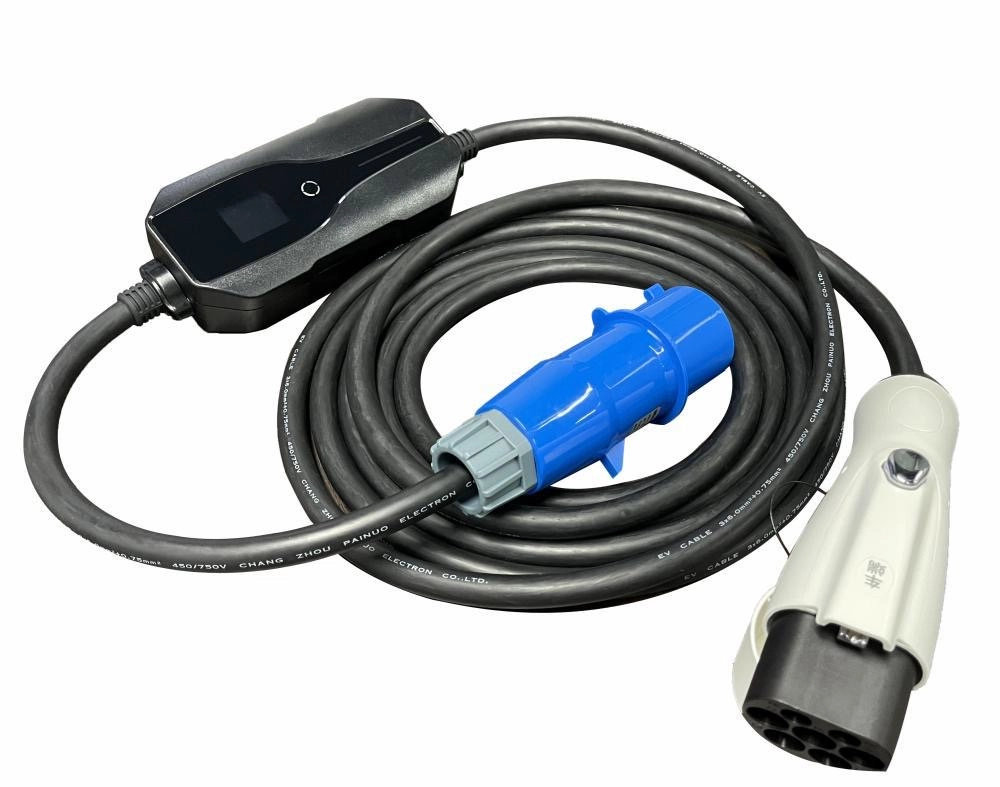
Portable chargers, like Zinstar’s ZS01 model, come equipped with adjustable current settings, waterproof protection (IP67), and robust safety features such as overcurrent and leakage protection. These chargers offer convenience to both consumers and B2B buyers as they are easy to store and use in multiple environments.
1.3.2 AC EV Charger Wall Box
AC EV Charger Wall Boxes, or fixed wall-mounted chargers, are more permanent charging solutions for homes, workplaces, and commercial spaces. Typically installed in garages or parking lots, these chargers deliver faster charging speeds compared to portable options because they use higher voltage power sources.
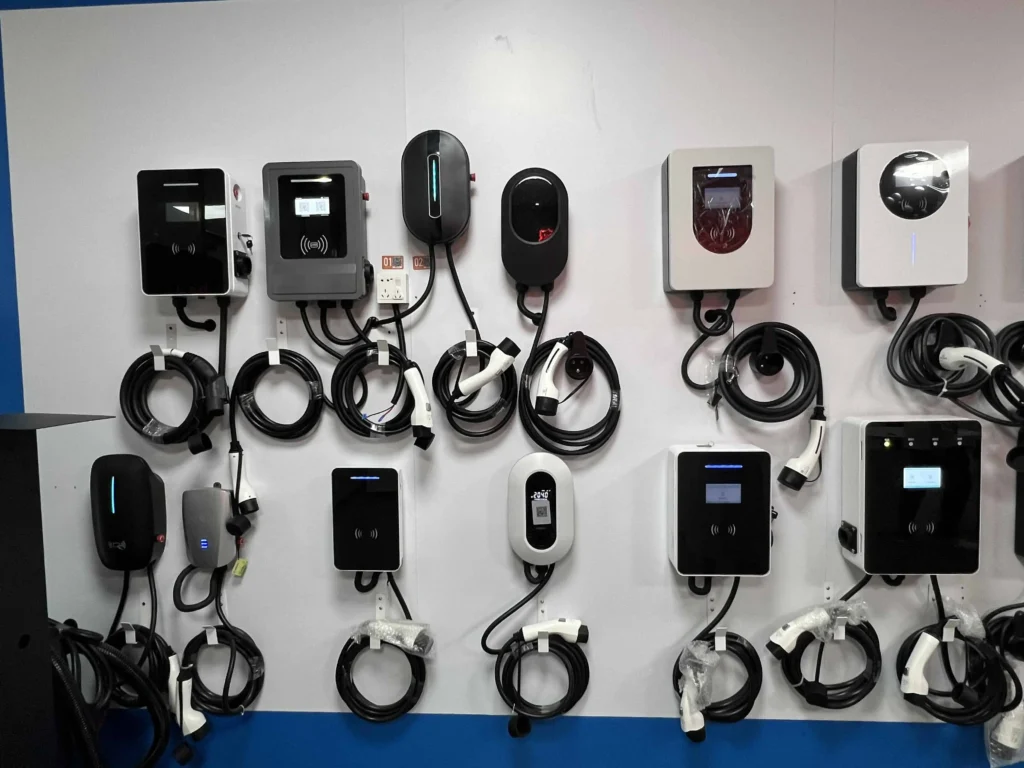
- Single-phase or three-phase options: Single-phase chargers (typically 7kW) are common in residential settings, while three-phase chargers (11kW to 22kW) are used for commercial purposes, providing quicker charge times.
- Features: Modern wall boxes, like Zinstar’s ZS-WB01 and ZS-WB02, come with smart features like RFID access, app control, and compatibility with OCPP (Open Charge Point Protocol), which enables remote management and monitoring of the charging process.
- Applications: These chargers are perfect for both residential and commercial installations, making them a popular choice for businesses looking to offer charging facilities for customers or employees.
1.3.3 DC Fast Chargers
DC fast chargers (also known as Level 3 chargers) provide the quickest charging speeds and are typically found at public charging stations or high-traffic commercial locations like retail centers or highway stops. Unlike AC chargers, which rely on the car’s internal converter, DC fast chargers feed direct current (DC) directly into the vehicle’s battery, dramatically reducing charging times.
- Charging Speed: These chargers can deliver up to 50kW or more, depending on the model, allowing an EV to reach 80% charge in as little as 20-30 minutes.
- Applications: Ideal for public charging stations, fleets, and commercial sites where fast turnaround times are essential.
- Models: Zinstar offers DC fast chargers such as the ZS-DC001 and ZS-DC003, which come with user-friendly features like touch screens, CCS (Combined Charging System) connectors, and robust safety measures for industrial-grade use.
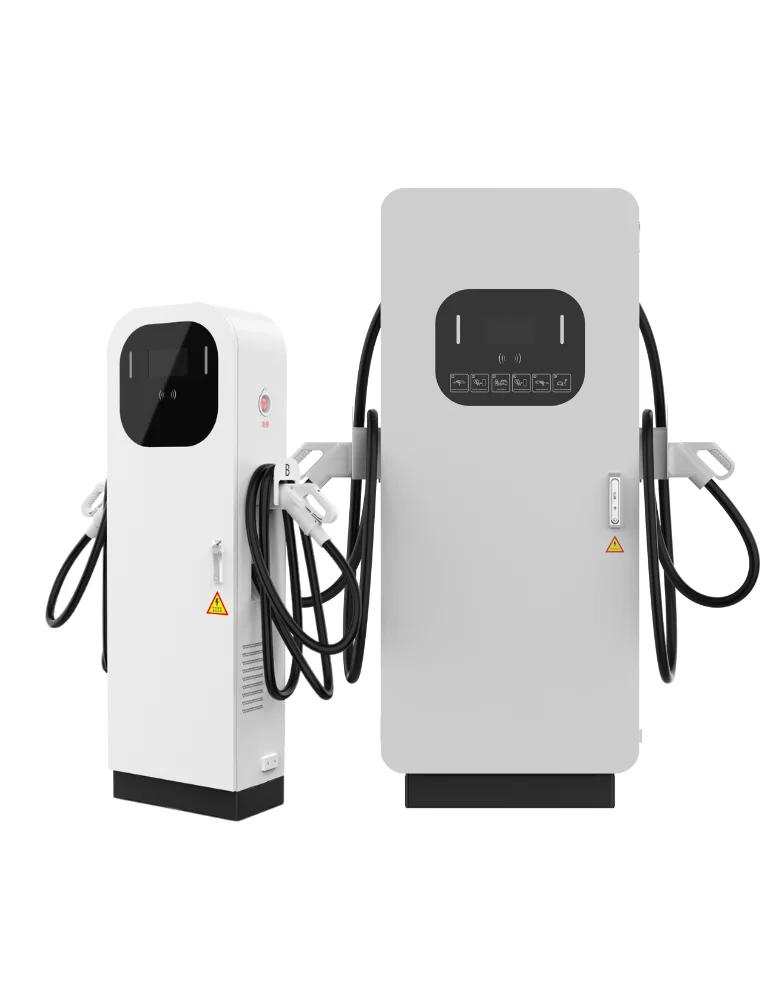
1.3.4 EV Adapters
EV adapters are essential accessories that allow electric vehicle chargers to connect to different types of charging ports, increasing compatibility across various EV brands. With the growth of electric vehicles, adapters ensure that users can charge their EVs at stations that may have different connectors than their vehicle.
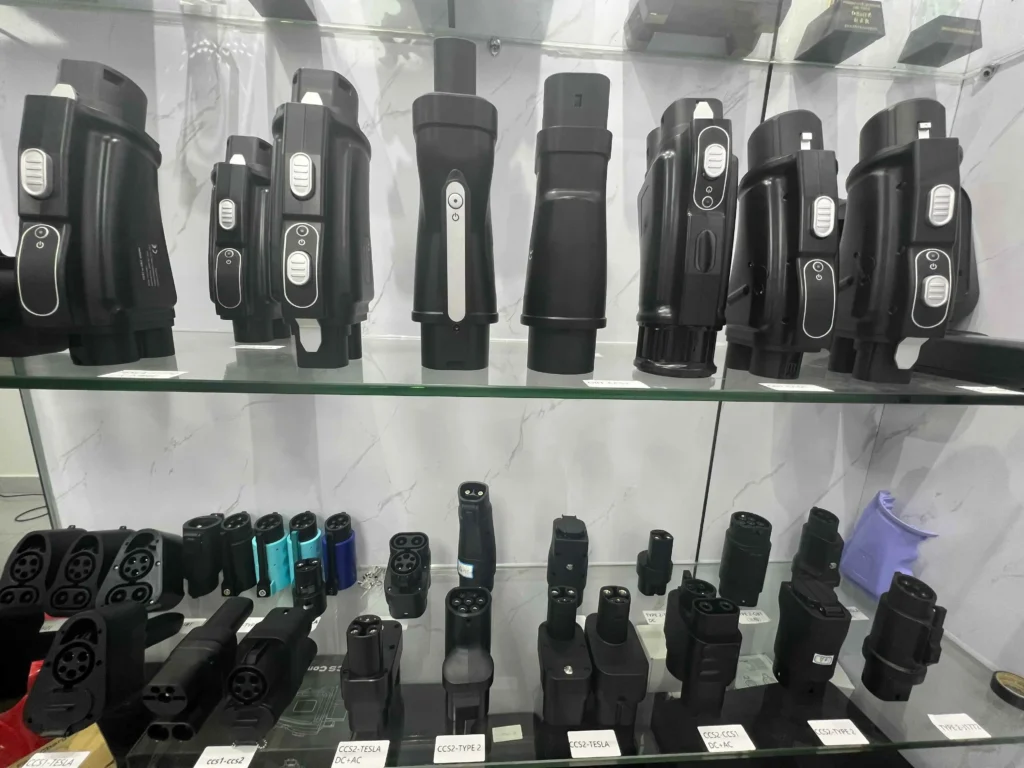
- Example Types of Adapters:
- J1772 to Tesla : Allows Tesla EVs to charge at American AC charging stations .
- CCS2 to Tesla DC Adapters: Useful for Tesla EVs to connect charging at European CCS DC charger stations.
- Use Cases: Adapters like Zinstar’s line of CCS2 to GBT DC adapters offer flexibility to Chinese EVs users who frequently travel across regions with varying CCS European DC charging stations, ensuring that any charging needs can be utilized.
1.3.5 EV Extension Cables
EV extension cables are crucial for situations where the vehicle cannot be parked close to the charging station or wall box. They provide additional length between the charging point and the EV’s port, ensuring the vehicle can still be charged conveniently.
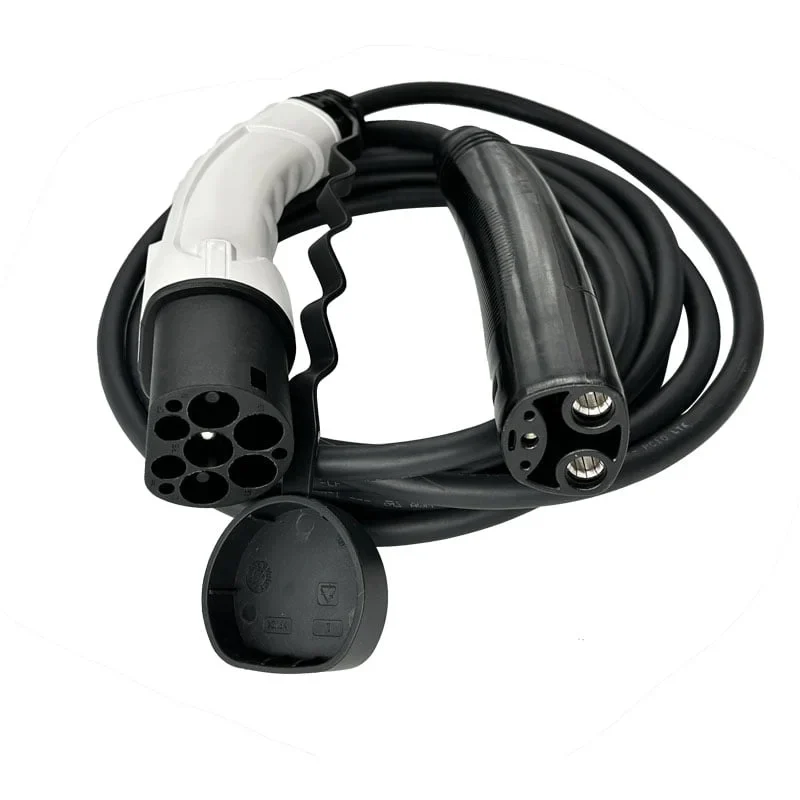
- Specifications: Available in a range of lengths (5m, 10m, or custom), these cables are designed to handle high power outputs safely. Zinstar’s extension cables are built with high-quality copper cores, ensuring durability and efficient power transmission.
- Compatibility: Extensions are available for both Type 1 and Type 2 connectors, and they feature weather-resistant materials to withstand outdoor use.
- Applications: These cables are useful for both residential and commercial setups, allowing flexibility in parking arrangements, especially when chargers are mounted in less accessible areas.
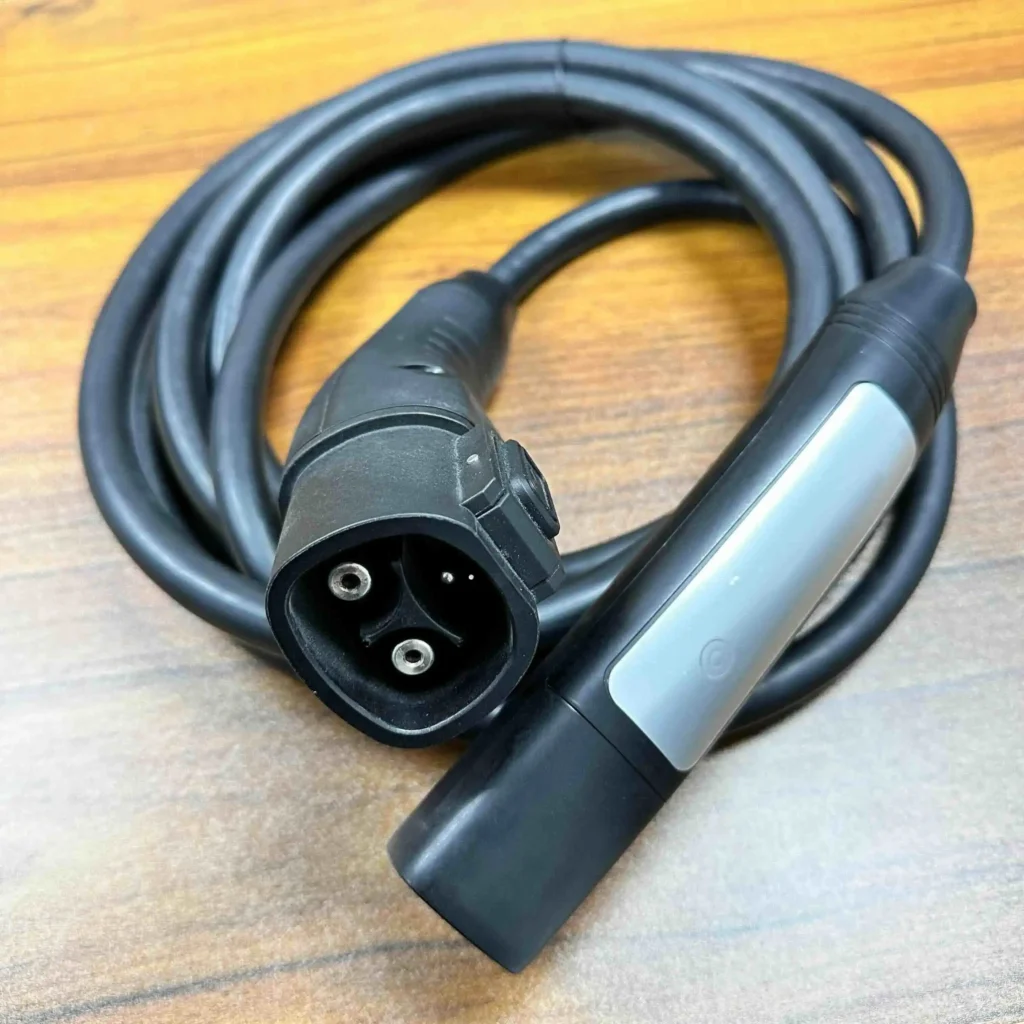
1.3.6 Other EV Products
In addition to chargers and adapters, the EV industry offers a wide range of supporting products that enhance the EV charging experience. Here are some common EV products available for import:
- Cable Holders: A practical accessory to keep charging cables organized, preventing damage from dragging on the ground. Cable holders are available in various designs, including wall-mounted hooks or automatic retractable units.
- Charging Station Pedestals: These are standalone units that allow wall boxes or portable chargers to be mounted in open parking lots or other outdoor areas. They provide a professional appearance for commercial installations.
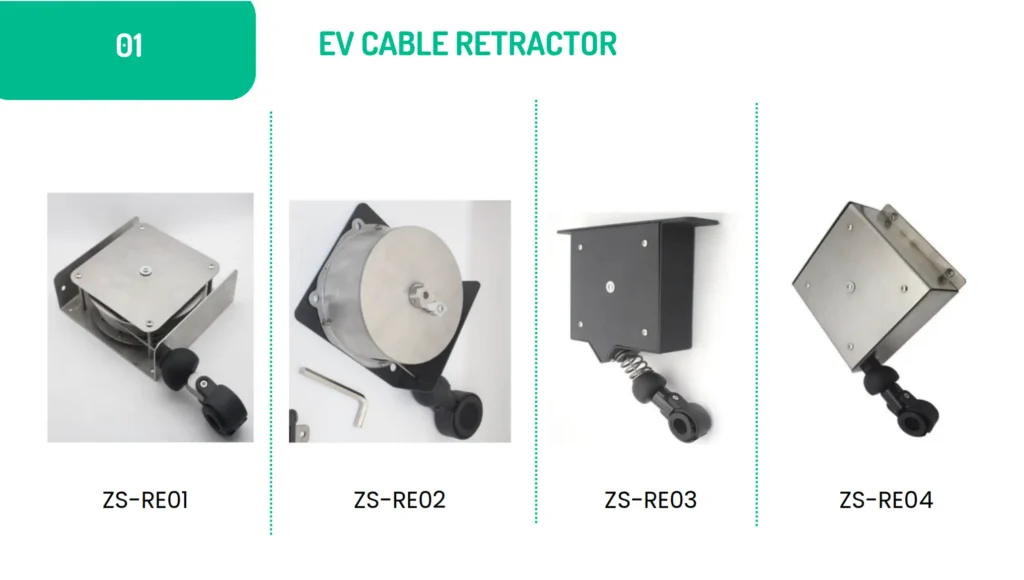
- EV Charging Connectors: Replacement or additional connectors, including Type 1, Type 2, or CCS connectors, are available for different charger types.
- EV Charging Covers: Waterproof covers to protect the charging equipment from harsh weather conditions, particularly useful for outdoor installations.
- Smart Charging Controllers: Controllers that integrate with existing charging systems to offer features like load balancing, energy usage monitoring, and remote charging control via apps.
- V2G (Vehicle-to-Grid) Chargers: These advanced chargers enable EVs to send power back to the grid during peak demand, offering smart energy solutions for homes and businesses.
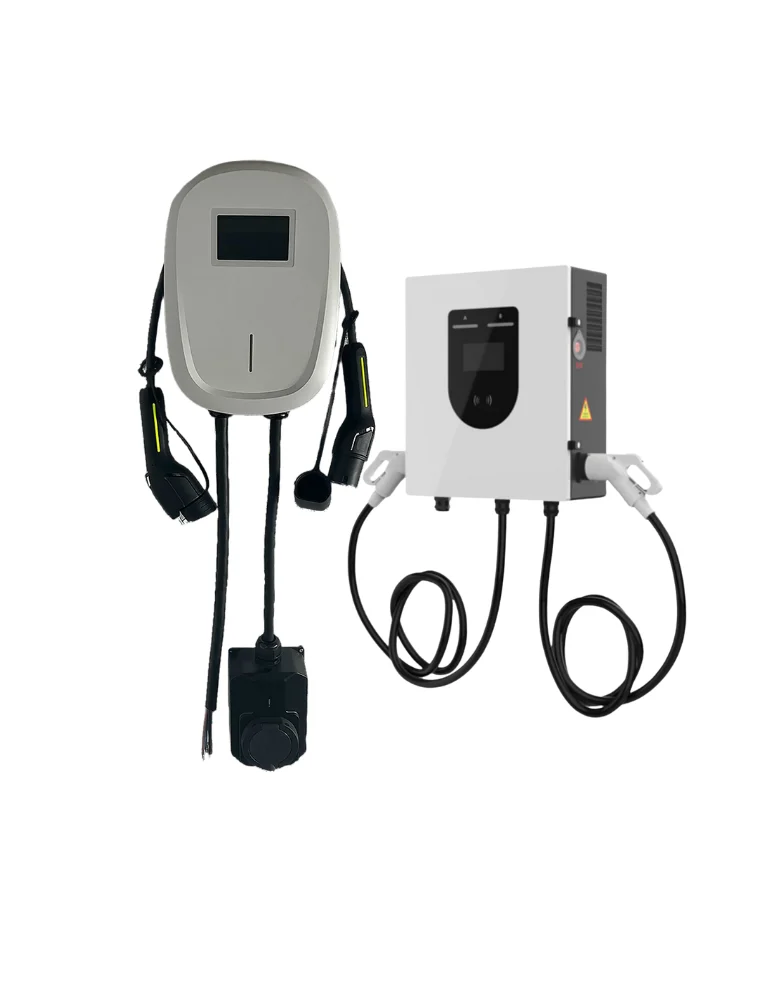
2. How to Import EV Chargers from China
2.1 Finding the Right Manufacturer for Your EV Charger Needs
Finding the right manufacturer for your EV chargers is crucial for ensuring product quality, compliance with regulations, and cost-efficiency. Here’s how you can effectively identify the right supplier:

2.1.1 Online B2B Platforms
Platforms like Alibaba, Made-in-China, and Global Sources offer a convenient starting point for identifying potential manufacturers. However, it’s essential to dig deeper than the basic listings. Look for suppliers with verified credentials—these are often marked with badges indicating they have passed rigorous inspections, such as factory audits or product certifications. Additionally, customer reviews and ratings are invaluable, as they provide insight into the experiences of other businesses. Pay attention to how manufacturers handle communication, customization requests, and post-sales support in these reviews.
- Pro Tip: Request online meetings (Teams, Zoom, Skype etc), video calls or virtual tours of the manufacturing facility. Reputable suppliers should be willing to show their production processes and discuss their quality control measures in real time, adding an extra layer of trust.
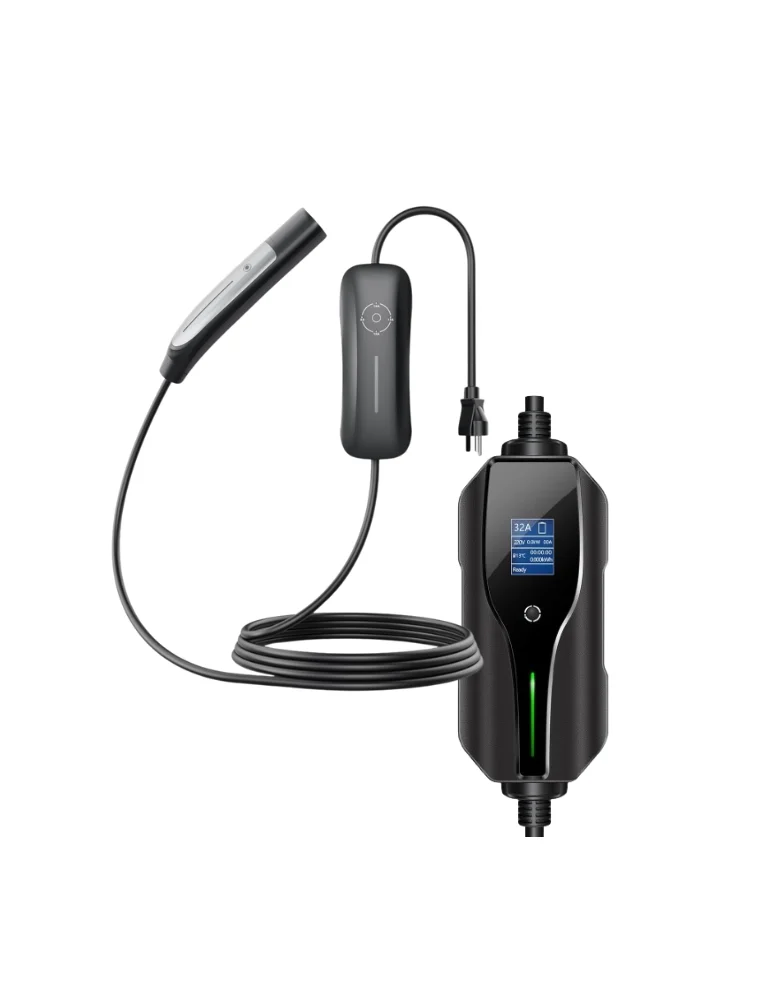
2.1.2 Industry Trade Shows
While online platforms are convenient, nothing beats the in-person connections you can make at trade shows. Here are some key EV charger trade shows happening globally in 2024-2025, where you can connect with manufacturers, view products firsthand, and explore the latest innovations in the industry:
- Electric & Hybrid Vehicle Technology Expo 2024
- Location: Detroit, USA
- Dates: October 7-10, 2024
- Website: EV Tech Expo
- Details: This expo showcases cutting-edge technologies for EVs, batteries, and hybrid vehicles. It’s an excellent place to connect with over 1,150 exhibitors and gain insights into the EV charging supply chain, including components, software, and testing equipment.
- eMove360° Europe 2024
- Location: Munich, Germany
- Dates: October 15-17, 2024
- Website: eMove360° Europe 2024
- Details: This event is a leading international trade fair focused on electric and autonomous mobility. Held annually in Munich, Germany, this event showcases the latest innovations in electric vehicles, charging infrastructure, and future mobility solutions. It serves as a premier platform for B2B networking, featuring over 200 exhibitors from around the globe and attracting a high percentage of international visitors. The fair includes industry awards, conferences, and networking events, making it a key event for those involved in sustainable mobility and EV technology.
- EV Charge Show 2024
- Location: Istanbul Expo Center, Turkey
- Dates: November 13-15, 2024
- Website: EV Charge Show
- Details: This event focuses on the EV charging infrastructure, bringing together hardware and software manufacturers, service providers, and investors. It is a prime opportunity to meet with top industry professionals and explore charging solutions for both public and private sectors.
- Electric Vehicle Supply Equipment Fair
- Location: Shanghai, China
- Dates: November 19-21, 2024
- Website: EVSE 2024
- Details: This event is a major event for the EV charging industry, highlights the latest innovations in charging infrastructure, battery technology, and energy storage. It offers valuable networking opportunities for professionals, with over 500 exhibitors and 35,000 attendees expected. The event includes live demos and expert-led conferences on key industry topics.
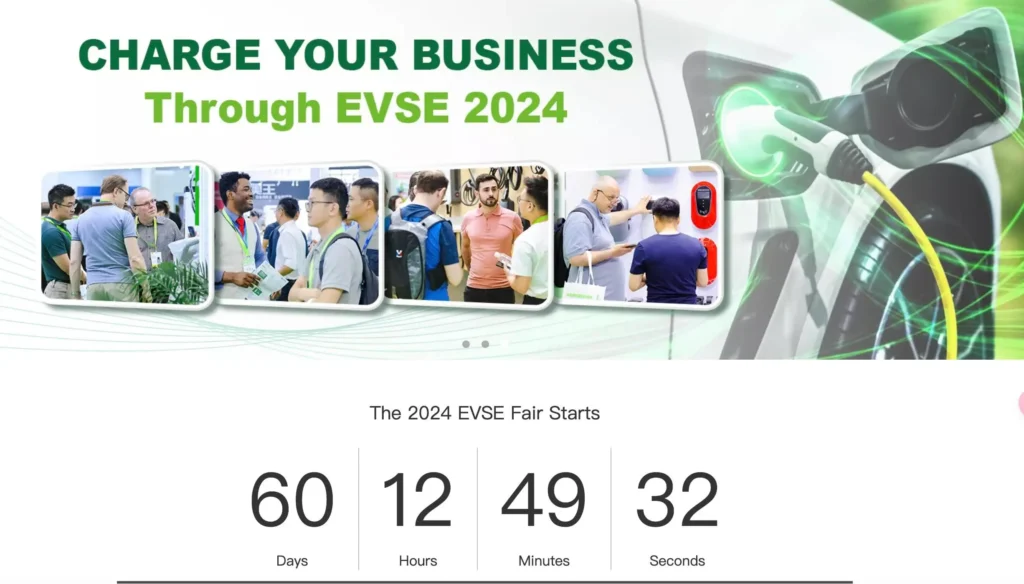
- EV Charging Summit & Expo 2025
- Location: Las Vegas, USA
- Dates: March 25-27, 2025
- Website: EV Charging Summit
- Details: This event is a significant meeting point for professionals in EV charging, covering everything from financing, infrastructure, and ROI for EV charging stations. It provides an expansive expo hall with over 240 exhibitors showcasing the latest solutions in EV charging technologies.
- Power2Drive Europe 2025
- Location: Munich, Germany
- Exhibition Dates: May 7-9, 2025
- Conference Dates: May 6-7, 2025
- Website: Power2Drive Europe
- Details: As part of The Smarter E Europe series, this show focuses on charging infrastructure and e-mobility. It’s a major platform for networking, presenting the latest EV charging technologies, and discussing market trends and innovations in the industry.
- EV & CHARGING EXPO 2025
- Location: Toronto
- Dates: May 14-15, 2025 (specific dates TBD)
- Website: EV & CHARGE Expo
- Details: This expo covers a broad range of electric vehicle technologies, including EV charging, batteries, fleet solutions, and alternative fuel vehicles. It’s designed for professionals involved in fleet management and transportation electrification, providing both exhibits and technical sessions.
- Electric & Hybrid Vehicle Technology Expo Europe
- Location: Stuttgart, Germany
- Dates: June 3-5, 2025
- Website: EV Tech Expo
- Details: This event showcases innovations in EV technologies, including batteries and charging infrastructure, attracting over 1,100 exhibitors and 20,000+ attendees. The event also includes a conference covering key industry topics.
The EV Charging related trade shows provide an opportunity to meet manufacturers face-to-face, discuss your specific needs in detail, and examine product samples firsthand. Trade shows also allow you to observe the latest industry trends, giving you insights into new technologies and innovations in EV charging.
- Pro Tip: When visiting these trade shows, come prepared with a detailed list of your technical requirements, compliance needs, and potential order volumes. This will help you efficiently evaluate which manufacturers are best suited for your business.
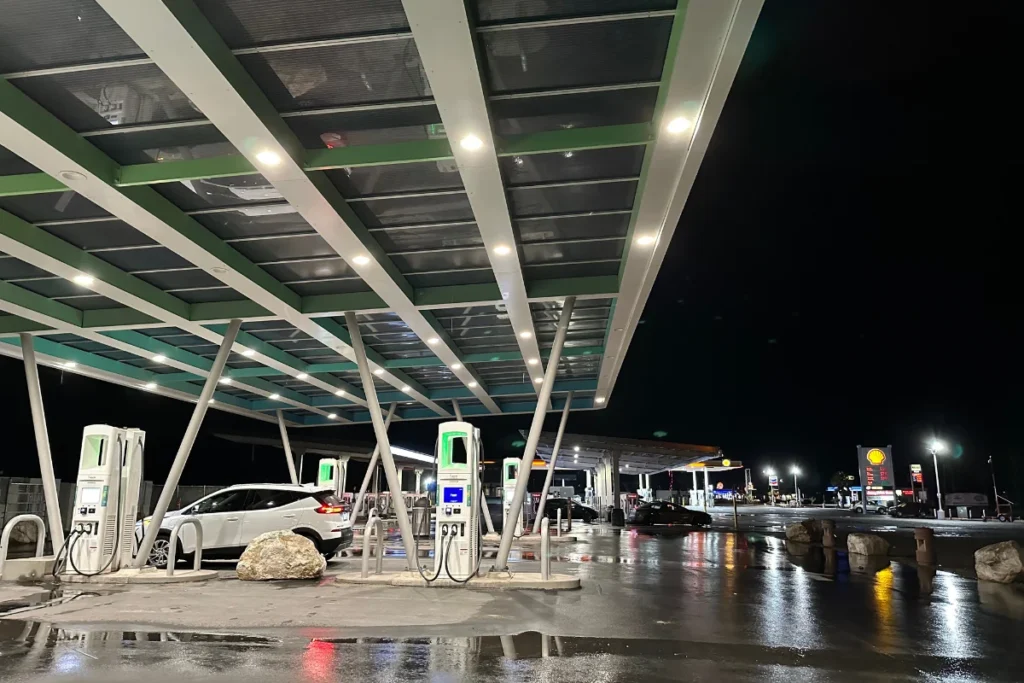
2.1.3 Factory Audits and Verifications
Conducting factory audits is one of the most critical steps before placing large-scale orders. A factory audit ensures that the manufacturer not only has the capacity to produce the required volume but also adheres to high standards in quality control, labor conditions, and production processes. You can either arrange a personal visit or work with a third-party inspection company that specializes in factory audits.
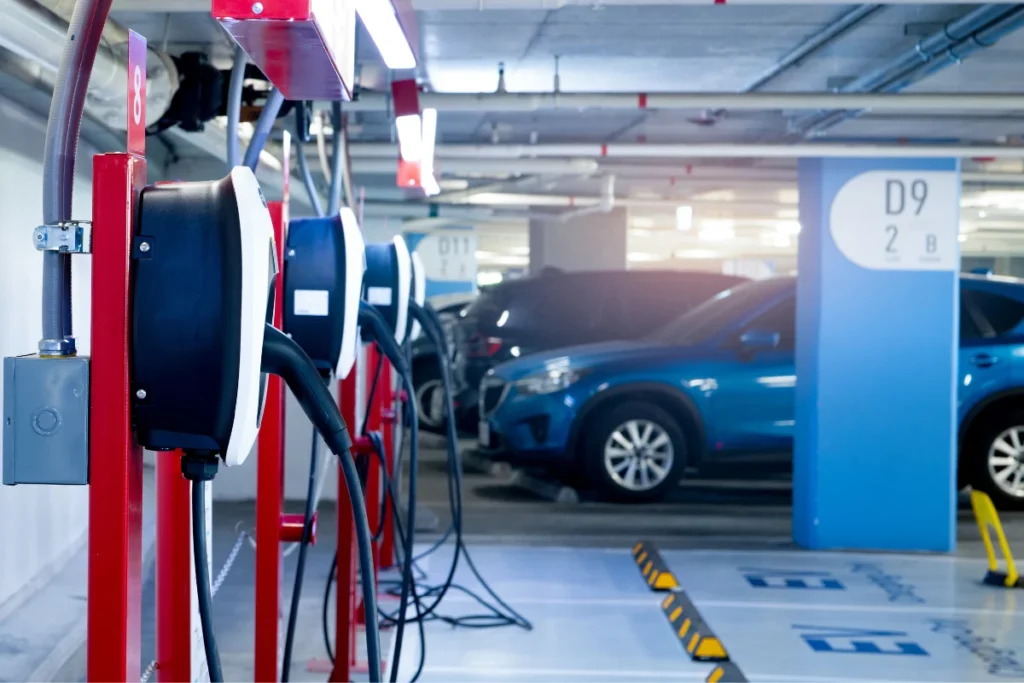
- Key Areas to Verify: Ensure the factory has certifications like ISO 9001 (quality management) and ISO 14001 (environmental management). Review their production equipment, testing procedures, and storage facilities. Request detailed records of their supply chain to confirm that all components meet required standards.
- Pro Tip: Testing product samples before committing to large orders is crucial. Ask for sample units and have them independently tested in your local market to verify that they meet safety, performance, and compliance requirements.
2.2 Checking Certifications and Compliance
Ensuring that your imported EV chargers meet local certifications and compliance standards is non-negotiable. Products that do not meet safety or environmental standards may be held at customs, rejected, or even recalled after reaching the market. Key certifications vary by region:
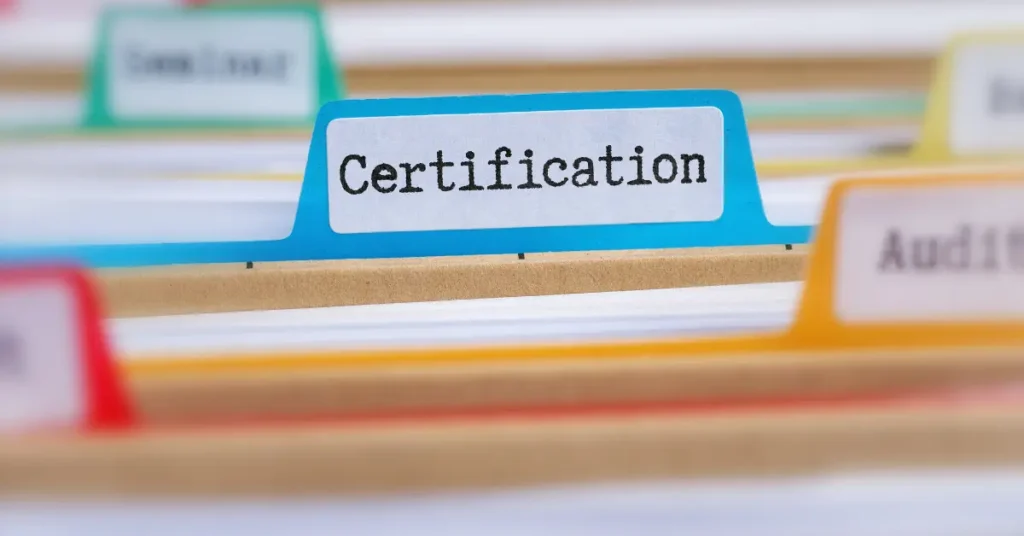
2.2.1 CE for Europe
The CE mark certifies that the product complies with the health, safety, and environmental protection standards required for sale within the European Economic Area. When sourcing EV chargers from China, make sure the manufacturer can provide CE certificates from a credible certifying body. Beyond CE, verify that the product meets European EMC directives and low voltage directives, ensuring it won’t interfere with other electrical devices or pose safety hazards.
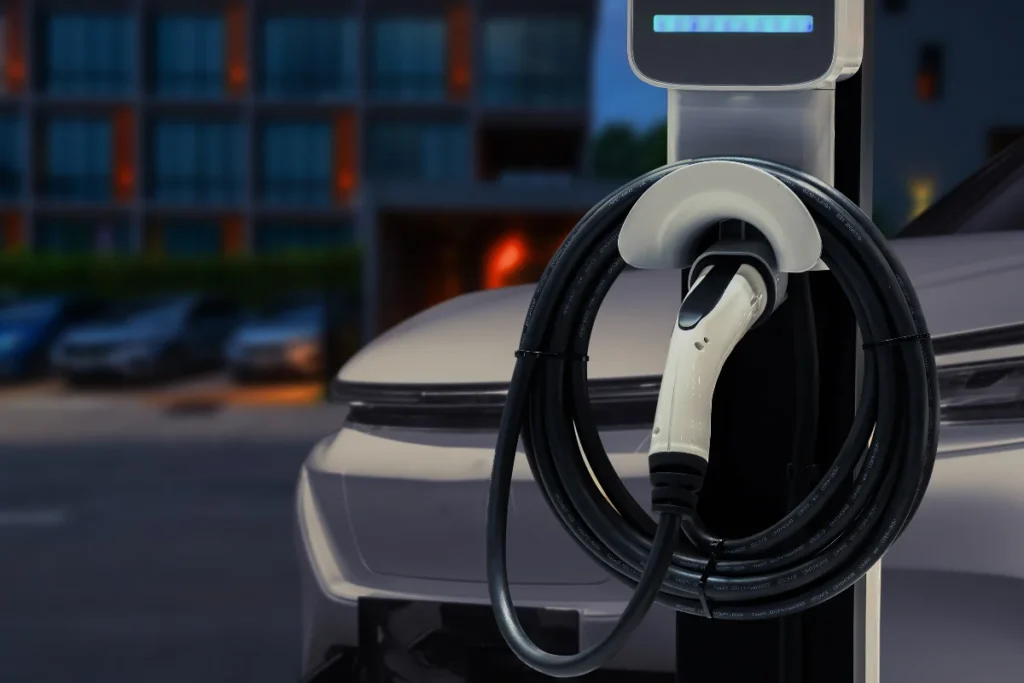
2.2.2 UL, ETL, and FCC for North America
In North America, multiple certifications are required to ensure compliance with safety, performance, and electromagnetic standards. The UL (Underwriters Laboratories) certification is one of the most recognized. UL tests products for electrical safety risks such as electric shock, fire hazards, and mechanical failure. For EV chargers, UL’s Subject 2594 standard is critical, covering electric vehicle supply equipment (EVSE) safety during use.
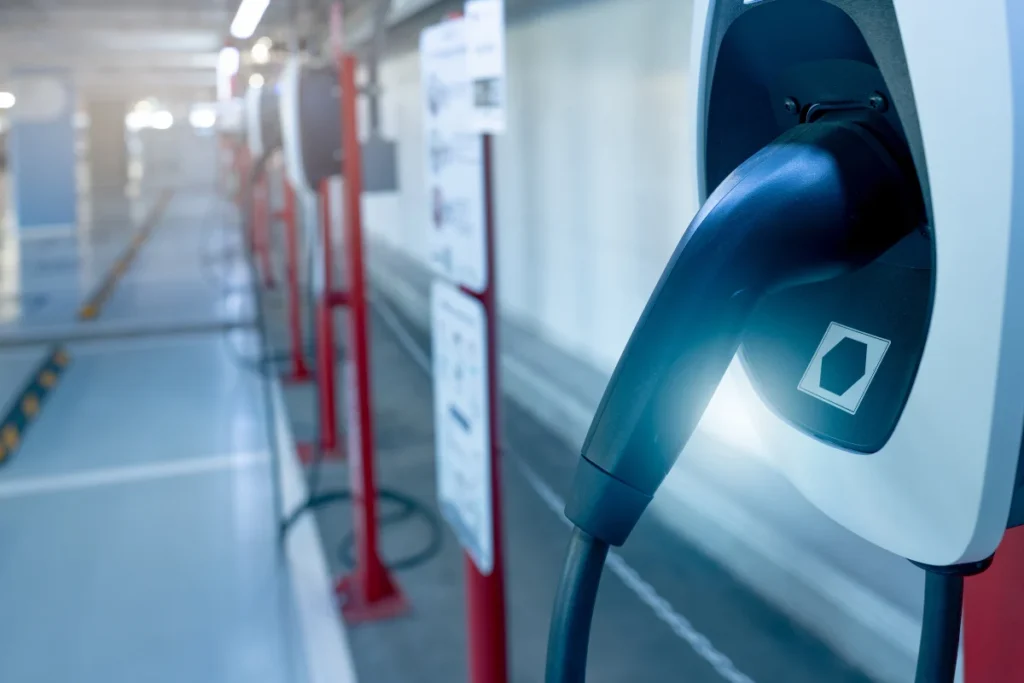
Additionally, ETL (Electrical Testing Laboratories) certification is another North American mark that confirms a product complies with required safety standards. ETL is often considered equivalent to UL, but the key difference lies in the testing and certification body. ETL-listed products must pass rigorous electrical and performance testing.
The FCC (Federal Communications Commission) certification ensures that products like smart chargers, which use wireless communication, comply with electromagnetic interference (EMI) standards. This is important for EV chargers that include smart features like RFID access, Wi-Fi connectivity, or app-based controls, ensuring they don’t interfere with other electronic devices.
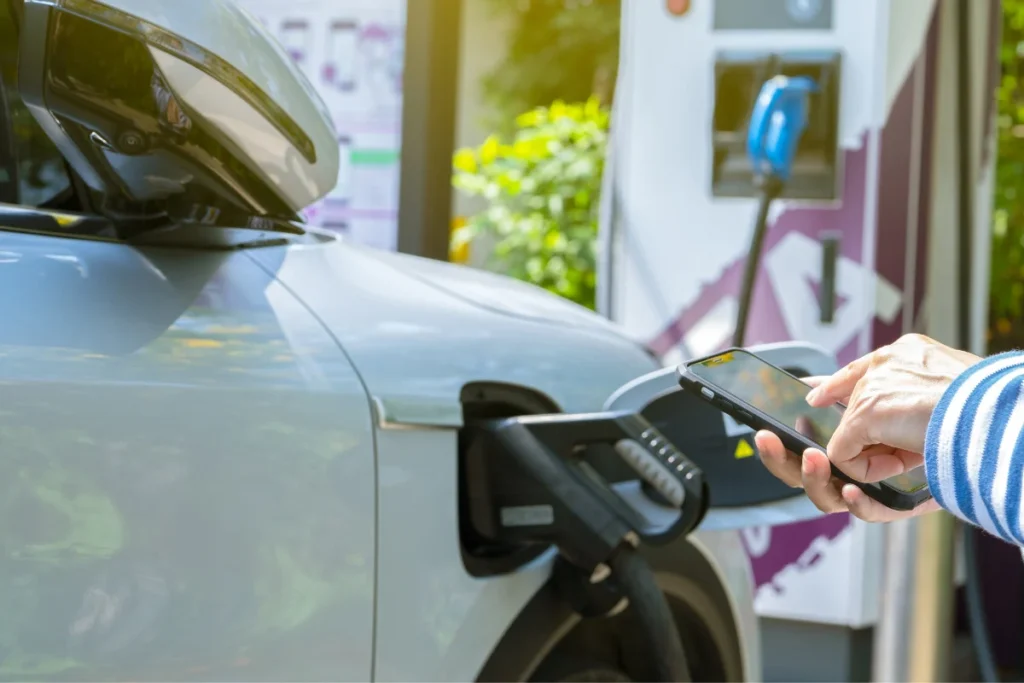
2.2.3 RoHS to Confirm Environmentally Friendly Components
The RoHS (Restriction of Hazardous Substances) certification ensures that the materials used in EV chargers do not contain hazardous substances like lead, mercury, or cadmium. This is important for reducing the environmental impact of electronic waste and for compliance with EU environmental directives. Additionally, sourcing RoHS-compliant products aligns with growing consumer and corporate preferences for environmentally responsible products.
Compliance with these standards is crucial for ensuring smooth customs clearance and successful market entry, safeguarding your investment.

2.3 Customization Options for branding B2B Orders
For many B2B buyers, customization is a key differentiator that adds value to the products they import. Whether you are a distributor, corporate buyer, or EV charging operator, customizing your EV chargers to meet local market needs, branding requirements, or technical specifications can give you a competitive edge.
- Customization for International Markets: Zinstar EV Charging has extensive experience working with international clients from Europe, North America, Japan, and other regions. This experience allows them to anticipate and meet regional regulatory requirements, ensuring that products are both technically sound and compliant with local standards.
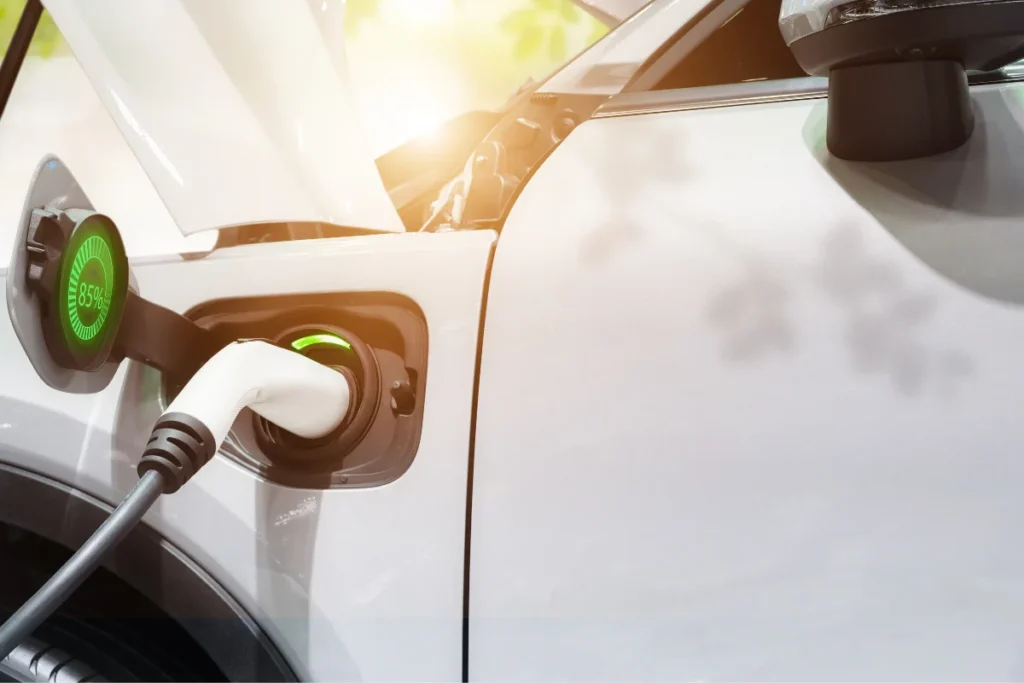
- Branding: You can customize product appearance with your company’s logo, colors, and even packaging to align with your brand identity.
- Voltage and Plug Types: : Adjusting technical aspects such as power output (e.g., 7kW, 22kW), input voltage (110V, 240V, or 400V), and connector types (Type 1, Type 2, GBT or CCS). This ensures that your chargers are compatible with local power grids and vehicles.
- Smart Features: Customized with smart charging features, such as load balancing, RFID access, app control, and OCPP (Open Charge Point Protocol) compliance, enabling integration with EV charging networks.
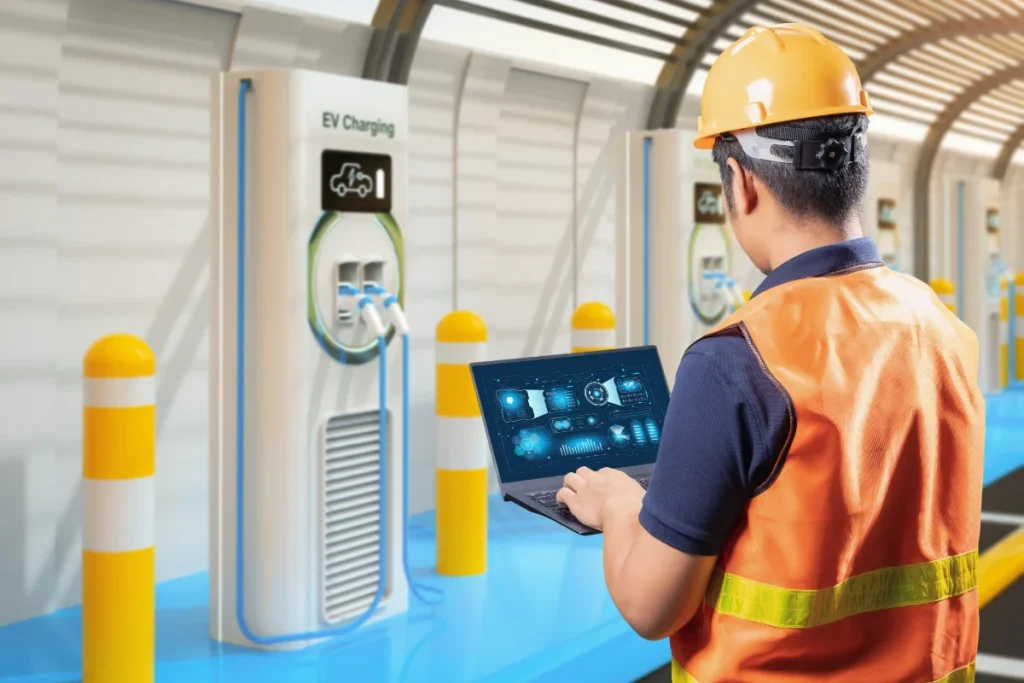
- Adaptability for Corporate Buyers and EV Operators: For corporate buyers or EV charging operators, tailor features such as multiple charging ports, network connectivity, and even user interfaces (language options on screens) to suit different user bases and charging environments, such as public parking lots, corporate campuses, or residential complexes.
Customization for different international markets enhances user satisfaction and allows your chargers to stand out in competitive markets. Working with a manufacturer, which has experience navigating the technical and regulatory landscapes of global EV markets, ensures that you can offer tailored products to meet diverse customer needs.
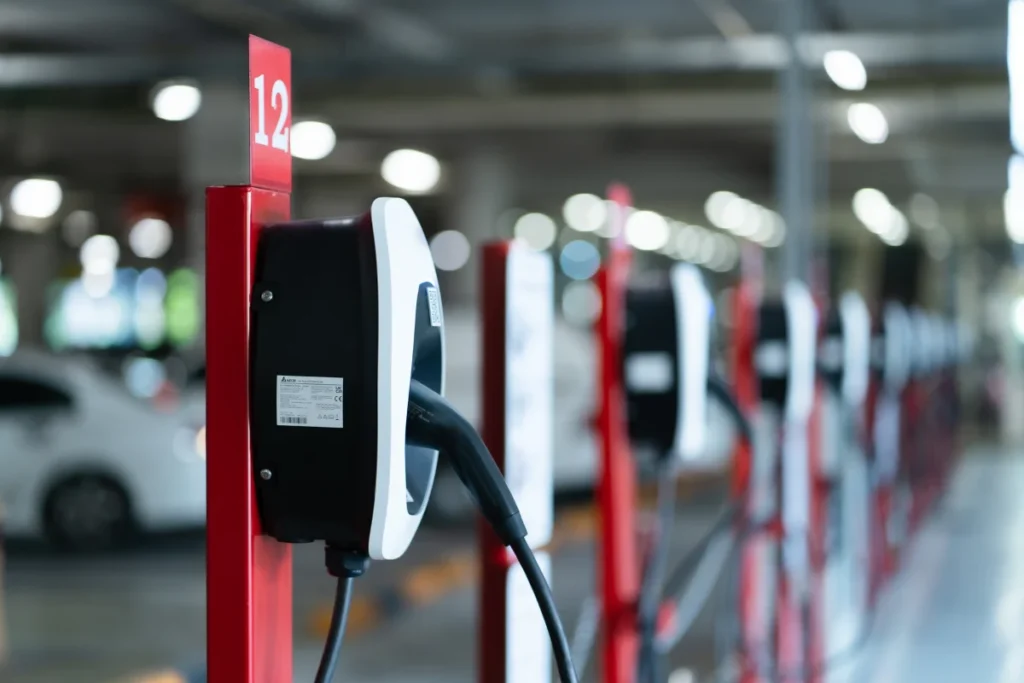
3. Navigating Import Regulations and Logistics
3.1 Region-Specific Import Regulations
When importing EV chargers, each region has its own strict regulations to ensure the safety, environmental sustainability, and proper functioning of electronic devices. Understanding these region-specific requirements is crucial to avoid delays, rejections at customs, or fines. Here’s how to navigate these key markets:
- European Market: Ensure your chargers meet CE marking requirements and follow environmental and safety regulations.
- North America: UL and ETL certifications are essential, as is FCC compliance for electromagnetic interference.
- Australia: requires SAA and RCM (Regulatory Compliance Mark), which integrates both electrical safety and EMC requirements.
- Japan: requires compliance with PSE (Product Safety Electrical Appliance & Material) standards, ensuring electrical products are safe for use.
- South America: particularly Brazil and Argentina, have strict electrical and environmental standards that often mirror European regulations, such as CE and RoHS, though additional country-specific tests may be needed.

3.2 Calculating Import Taxes, Duties, and Shipping Costs
When importing EV chargers, a thorough understanding of taxes, duties, and shipping costs is critical to making informed business decisions. Each of these costs can significantly impact your overall margins, so accurate calculation is essential.
- Import Duties: Every country imposes different import duties, which are tariffs levied on goods brought into the country. These duties are often based on the product’s Harmonized System (HS) code. AC EV chargers, for example, fall under specific HS codes, and the duty rates can vary depending on the country. In some regions, there may be exemptions or reduced tariffs for environmentally friendly products like EV chargers.
- Pro Tip: Research your region’s duty rates using the HS code for EV chargers (typically under code 8504.40 for converters or chargers). It’s also wise to consult a customs broker or freight forwarder to understand the exact charges applicable to your specific shipment.
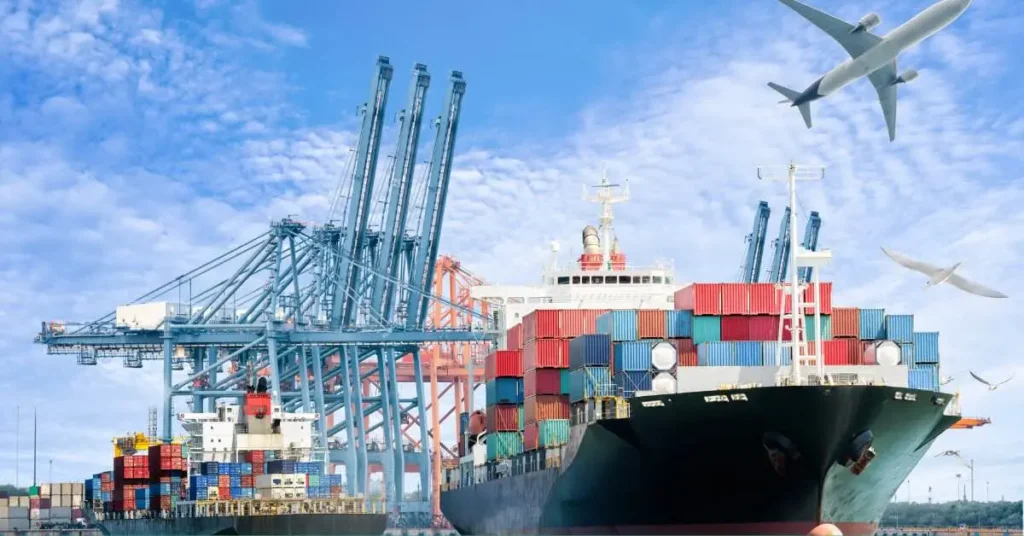
- Shipping Costs: There are two main options for shipping—air freight and sea freight—each with its advantages and trade-offs:
- Air Freight: Ideal for smaller, urgent shipments. Air freight is fast but expensive, and you’re typically charged based on weight and volume. For high-margin products or when time-to-market is critical, air freight is a good choice.
- Sea Freight: More cost-effective for larger shipments but much slower. You’ll be charged based on container space. Full Container Loads (FCL) and Less-than-Container Loads (LCL) are common options. LCL is ideal for smaller orders where you share container space, while FCL is better for bulk imports.
- Pro Tip: When planning your shipments, balance the speed of air freight with the cost savings of sea freight. Many businesses use air freight for smaller initial orders to meet immediate demand, then switch to sea freight for larger, ongoing shipments.
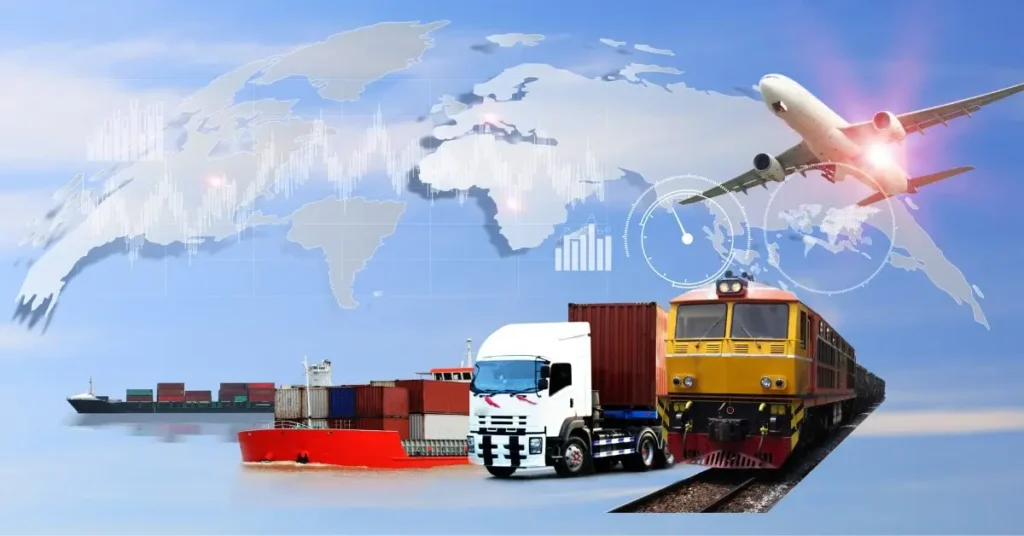
3.3 Working with Freight Forwarders for Efficient Delivery
Partnering with a freight forwarder can make the entire import process much more manageable, especially when dealing with international shipping and customs requirements.
- Why You Need a Freight Forwarder: A trusted freight forwarder handles the complexities of customs paperwork, import duties, taxes, warehousing, and shipping logistics. They act as a middleman between the importer and the various transportation services involved, ensuring that the goods move efficiently through the supply chain. They also offer invaluable expertise in managing customs regulations, documentation, and compliance, which can often be the most daunting part of the import process.
- Pro Tip: Choose a forwarder with experience in handling EV chargers specifically. This ensures they understand the delicate nature of electronic goods, the regulatory landscape, and the necessary safety measures required for shipping them.
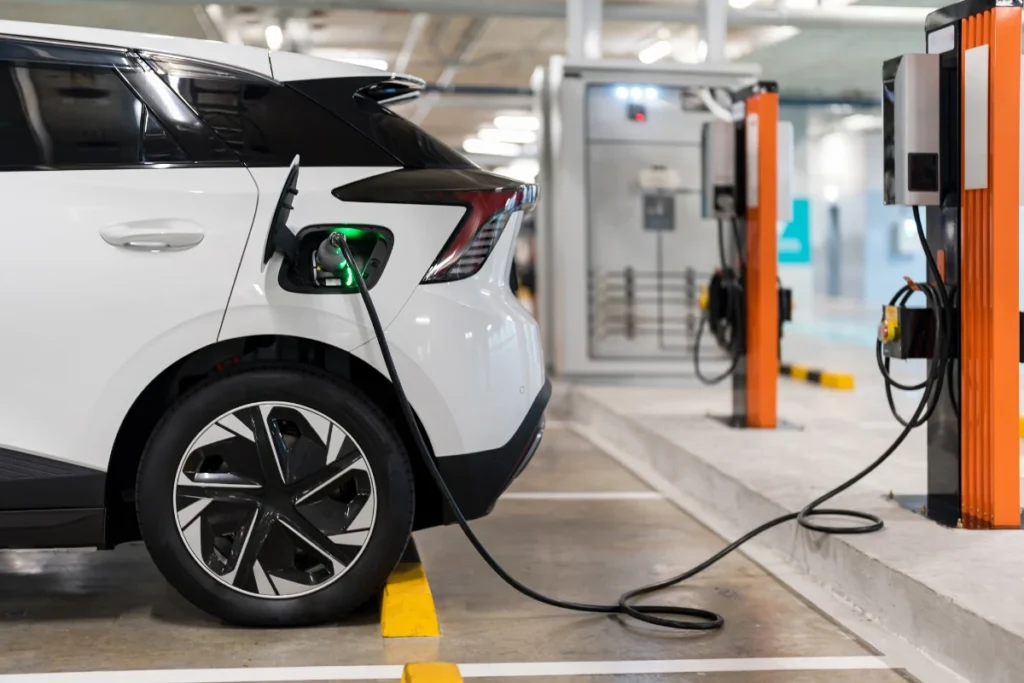
- Shipping Solutions for B2B: For B2B buyers, sea freight is typically the most cost-effective solution, especially for large-volume orders. Full Container Load (FCL) shipments reduce costs per unit and ensure that your goods are not mixed with other shipments, reducing the risk of damage or contamination. However, for urgent orders or smaller batches, air freight may be necessary.
- Pro Tip: Work with your freight forwarder to create a logistics strategy that accounts for both bulk shipments via sea freight and urgent, smaller deliveries via air freight. Some businesses adopt a hybrid approach—using sea freight for initial large orders and air freight for top-up orders when demand spikes.
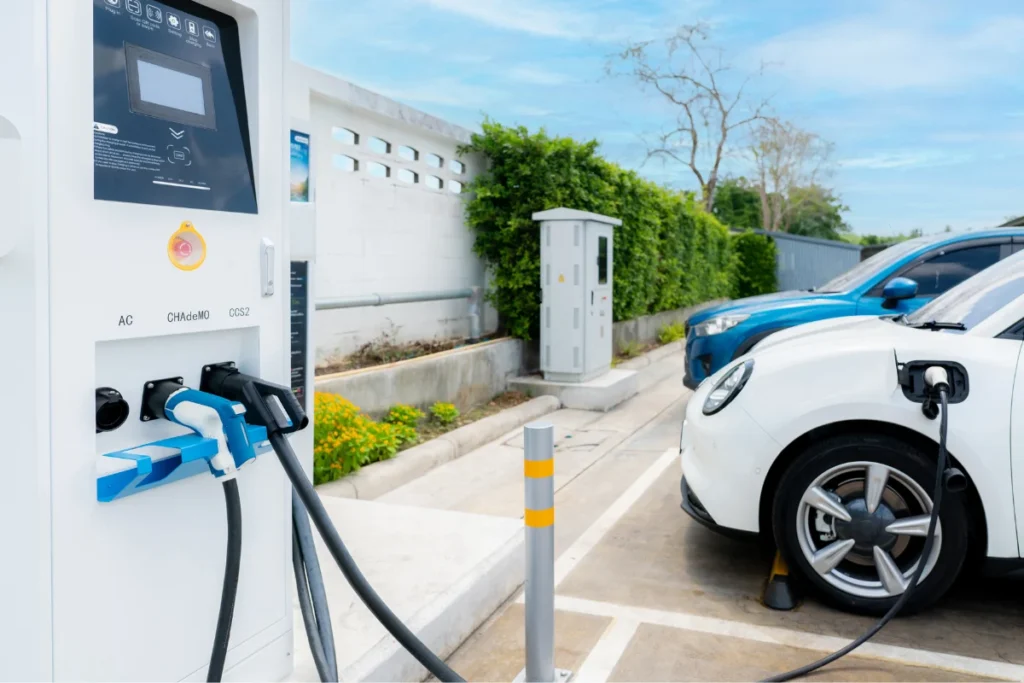
4. Avoiding Common Pitfalls in Importing EV Chargers
4.1 Not Verifying Supplier Credentials
Verifying a supplier’s credentials is one of the most critical steps when importing EV chargers. Many businesses fall into the trap of focusing solely on price, overlooking the importance of working with a reputable AC EV Charger supplier. Without thorough verification, you risk dealing with unreliable manufacturers or, worse, fraudsters. Here’s what to consider:
- Check Certifications: Ensure the supplier is certified by credible organizations, such as ISO 9001 (quality management systems) or ISO 14001 (environmental management systems). These certifications demonstrate that the supplier adheres to strict standards in production, quality control, and environmental practices.
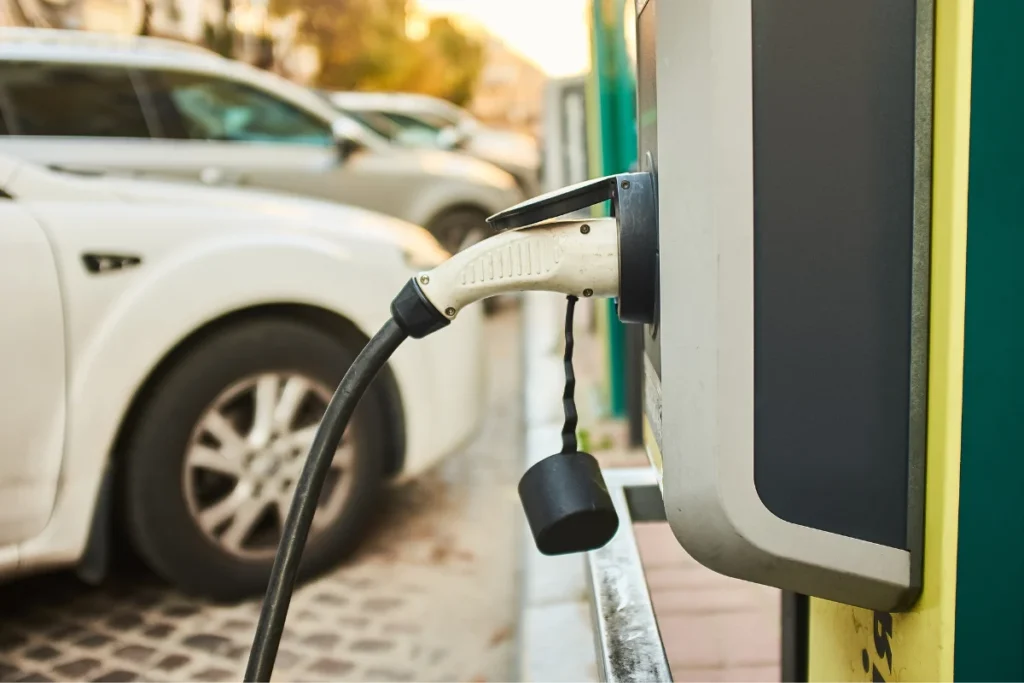
- Request References: A reputable manufacturer should have a proven track record. Ask for references from previous EV adapter or DC EV charger clients, ideally from the same region or industry as yours. These testimonials provide insights into how the supplier handles orders, customization, communication, and after-sales support.
- Third-Party Inspections: Conduct third-party inspections before making large orders. Independent inspections ensure that the products meet your specifications and quality standards, and they help identify potential issues before they escalate.
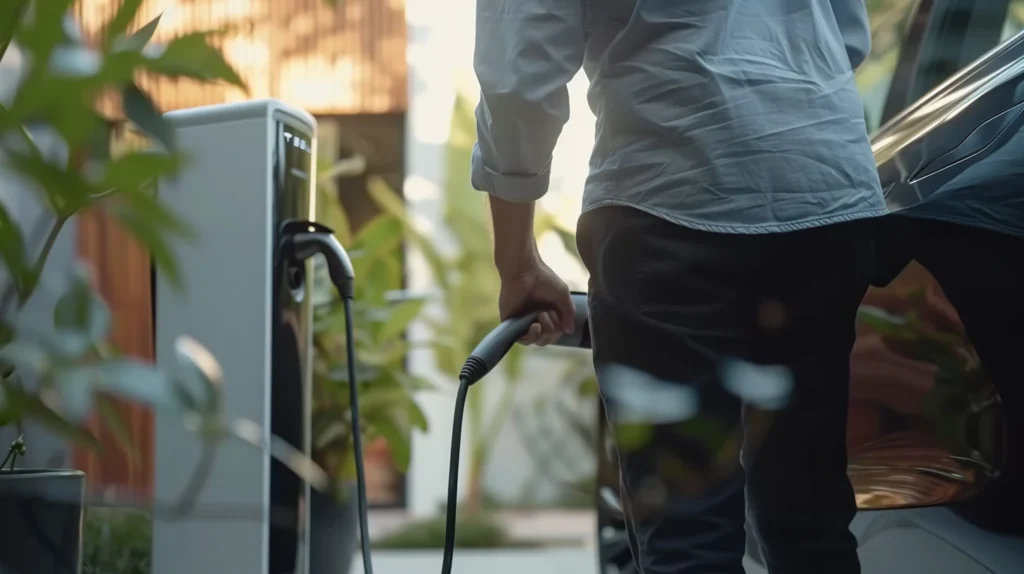
4.2 Failing to Ensure Compliance with Local Standards
Compliance with local standards is non-negotiable when importing EV chargers. Each region has its own set of regulations that ensure products meet safety, environmental, and technical criteria. Failing to meet these standards can result in delays, costly fines, or even product rejections at customs.
- Understand the Certification Requirements: Certifications such as CE (for Europe) and UL,ELC, FCC (for North America) ensure that your EV chargers are safe and compliant with local electrical and environmental regulations. Some regions, like Australia and Japan, have their own requirements, such as SAA, RCM and PSE certifications. Always ensure that your supplier can provide valid, authentic certificates for these standards before shipment.
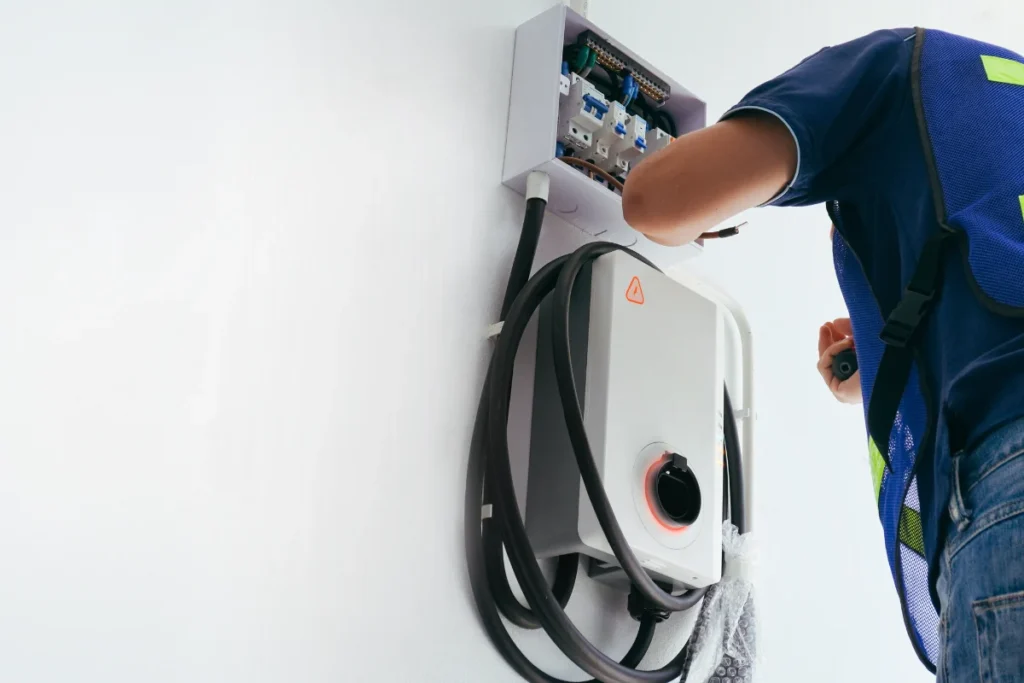
- Documentation and Transparency: Request full documentation from your supplier, including test reports, certifications, and technical specifications. This documentation should clearly indicate the testing bodies and dates of issue. Moreover, keep copies of these certificates on file in case authorities need verification during the importation process or later in the supply chain.
4.3 Negotiating Minimum Order Quantities (MOQs)
Negotiating favorable Minimum Order Quantities (MOQs) is a key factor when importing large-scale EV Charger orders. MOQs refer to the minimum number of units a supplier is willing to produce or sell per order. If not negotiated properly, MOQs can pose financial challenges, especially for businesses that are testing a new product in the market.
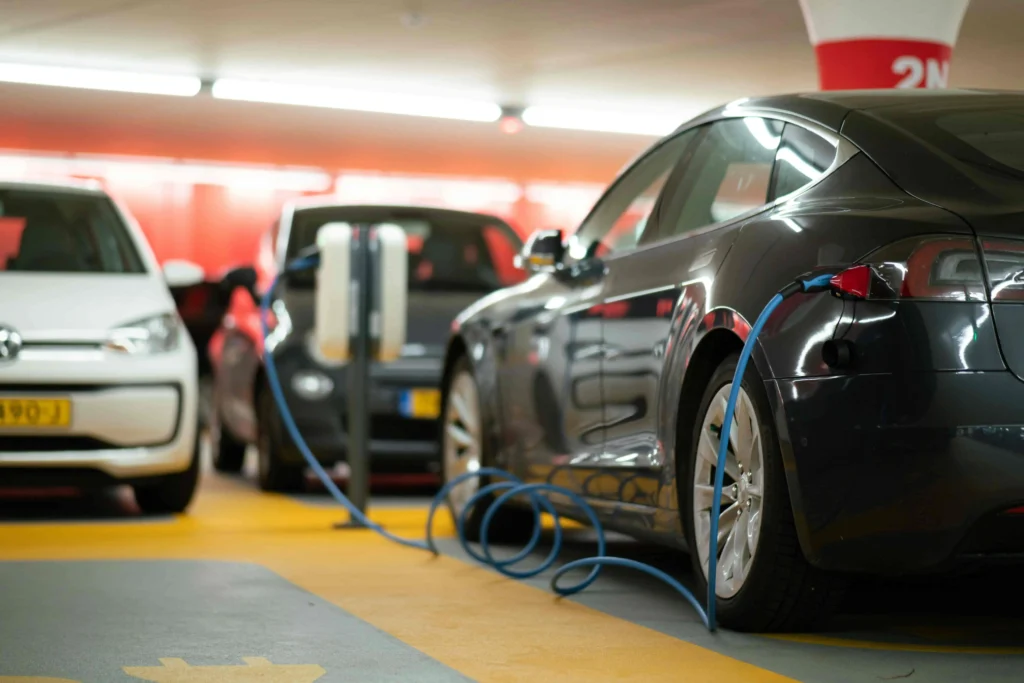
- Understand the Supplier’s MOQ Flexibility: Some suppliers, particularly those that deal with highly customized products, may impose strict MOQs to cover setup costs. However, others, like ZinstarEV, offer flexible MOQ options for different product lines such as DC Adapters and Tesla cables. This flexibility allows you to scale your imports based on demand, ensuring you can start small and increase order volumes as your market grows.
- Use Volume for Leverage: While small initial orders are common, you may be able to negotiate better terms by committing to larger orders over time. Suppliers are often willing to reduce MOQs or offer discounts if they see long-term business potential.

4.4 Overlooking Logistics and Lead Times
Efficient logistics management is crucial for timely delivery and avoiding disruptions in your supply chain, especially for some important fast DC EV Charger station projects. One common pitfall is underestimating lead times, particularly during peak seasons or global supply chain disruptions. Overlooking these details can lead to missed sales opportunities and increased costs.
- Plan for Lead Times: Lead times can vary depending on the mode of transport (air vs. sea freight), order size, and production schedules. Sea freight, while cost-effective for large orders, can take several weeks longer than air freight, which is faster but more expensive. Additionally, production lead times can be longer during peak seasons like the holidays or Chinese New Year, when many factories operate at reduced capacity or shut down entirely.
- Account for Buffer Stock: Always keep buffer stock to avoid running out of inventory due to shipping delays. This is especially important if you’re sourcing from overseas, as unexpected delays at customs or port congestions can extend delivery times.
- Pro Tip: Work closely with your supplier to get accurate timelines and ensure they have a history of meeting delivery deadlines.
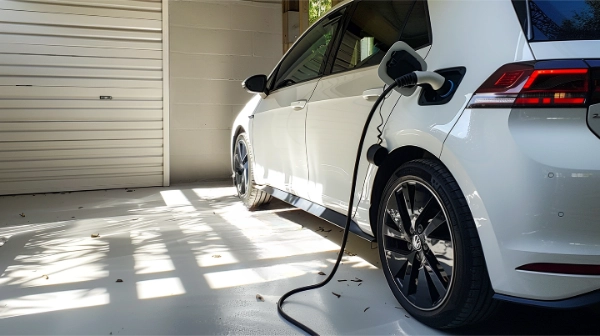
Why Zinstar EV Charging is Your Best Partner for Importing EV Chargers from China
China is the leading source of premium EV chargers for B2B businesses, and Zinstar EV Charging offers unparalleled advantages in this space. With 10 production lines, top-tier certifications, and customizable products, Zinstar is well-positioned to meet the needs of distributors, corporate buyers, EV operators, and construction firms. Our flexible MOQ, fast response times, and experience with large-scale international orders make us the ideal partner for your business.
Contact Zinstar EV Charging today for all your EV charger needs!
Contact: Ellen Gong
Email: ellen@zinstarevcharging.com
Website: Zinstar EV Charging
Phone/WhatsApp : +86 13421835257
Add: Qinghu Mingquan, Meilong Avenue, Longhua Street, Shenzhen, China

